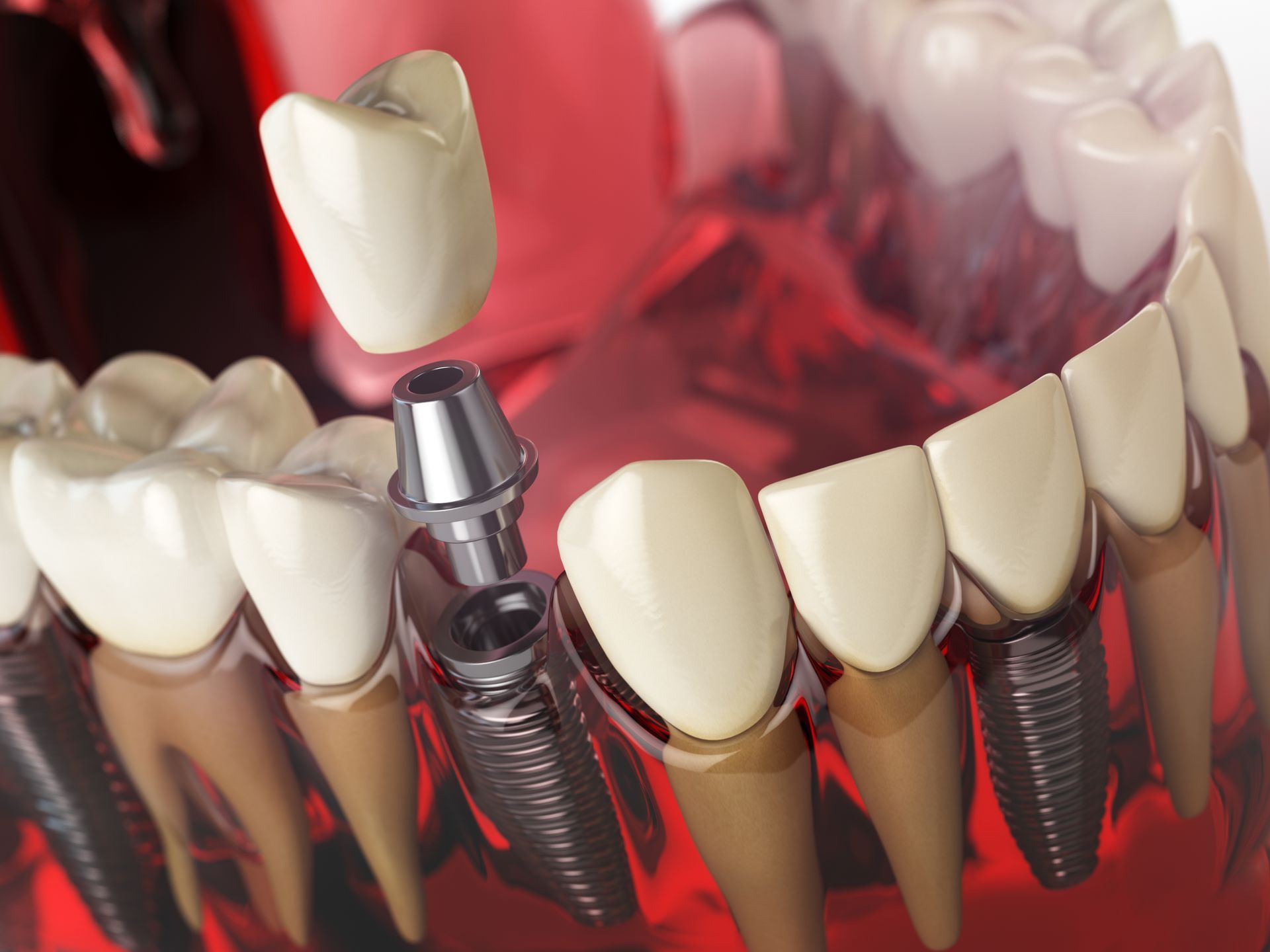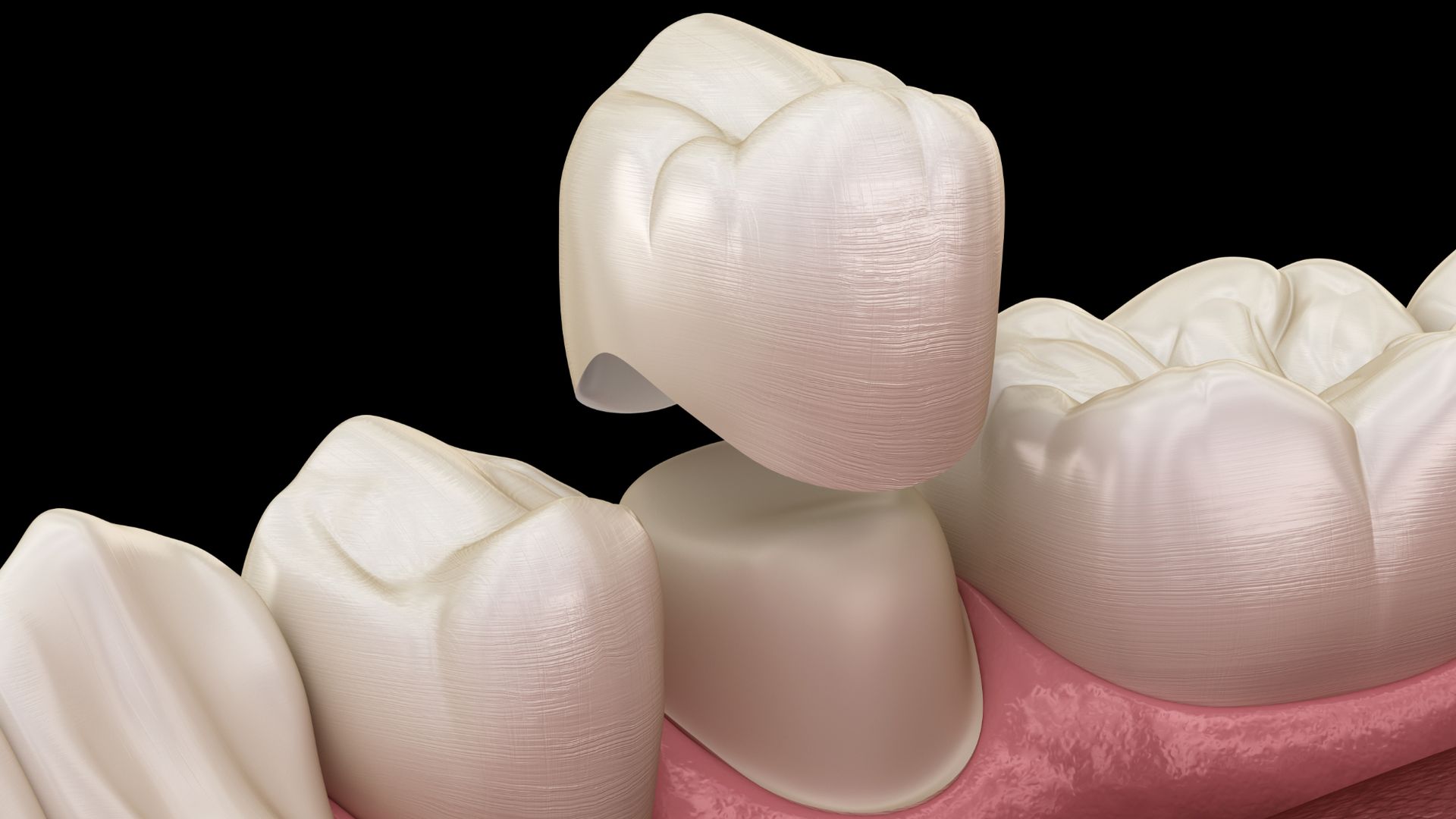Top Reasons to Choose an Oral Surgeon Dental Implant Procedure

Thinking about dental implants? Choosing an oral surgeon for your dental implant procedure can be crucial for your success. This article will explain why oral surgeon dental implant procedures are the best option for achieving optimal results.
Key Takeaways
- Dental implants offer a permanent and effective solution for missing teeth, preserving jawbone health and enabling improved functionality compared to traditional dentures and bridges.
- Choosing an oral surgeon for dental implant procedures is beneficial due to their specialized training and expertise, which enhances patient safety, success rates, and aesthetic outcomes.
- The dental implant process involves multiple stages including consultation, surgical placement, healing through osseointegration, and final restoration, all of which require careful planning and execution for optimal results.
Understanding Dental Implants
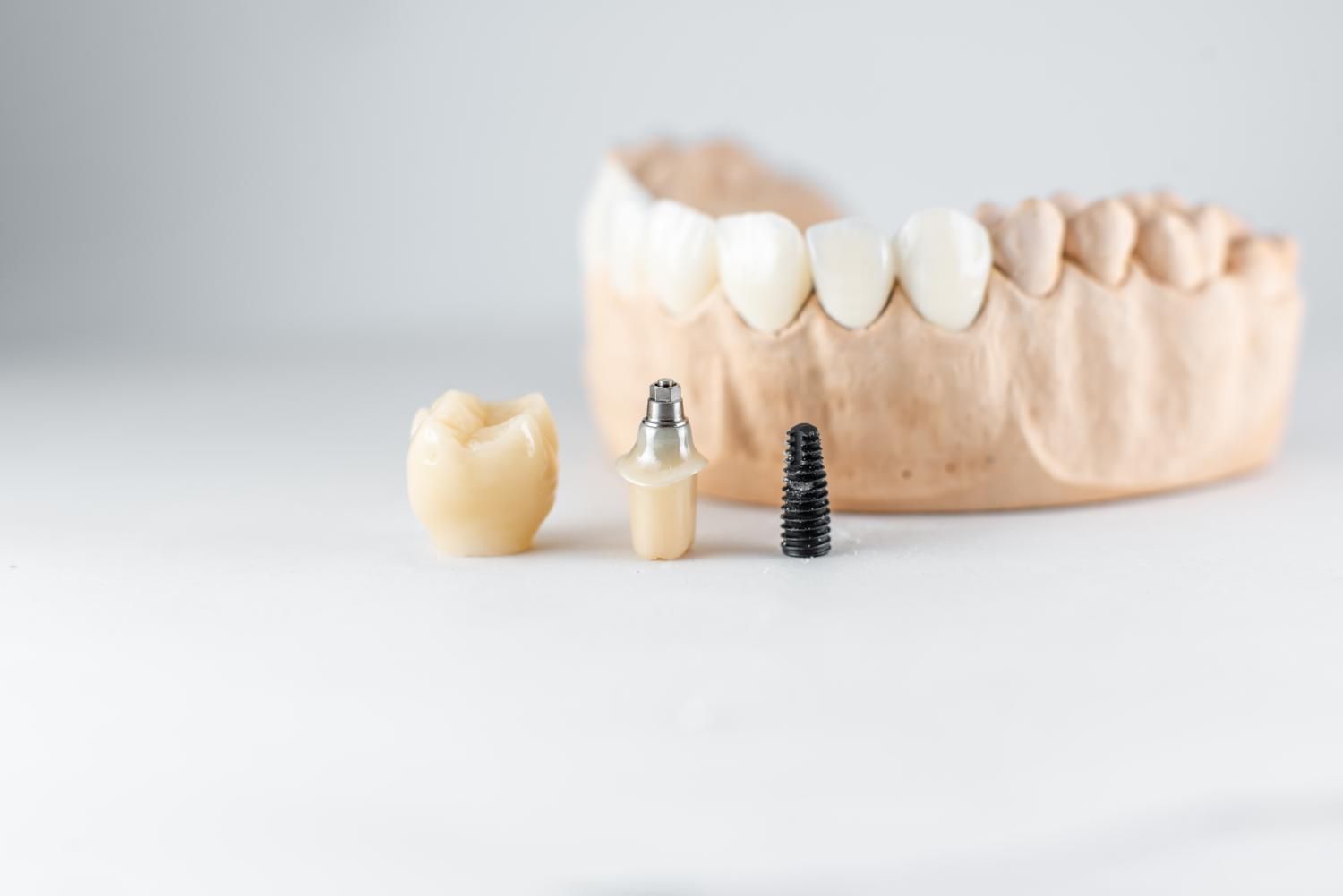
Dental implants are a modern solution for replacing missing teeth and restoring both function and aesthetics. Unlike traditional dentures and bridges, dental implants provide a permanent and stable solution by integrating with the jawbone. The dental implant procedure typically consists of multiple stages, including consultation, surgery, healing, and final restoration.
The benefits of dental implants extend beyond just aesthetics. They preserve the jawbone, preventing bone loss—a common issue with missing teeth—and offer superior functionality, enabling you to eat, speak, and smile confidently.
What Are Dental Implants?
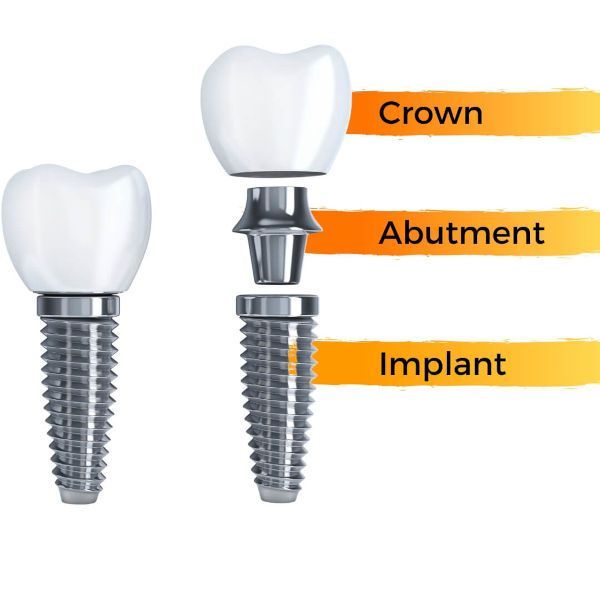
Dental implants are considered the strongest and most stable tooth replacement option available. They consist of three main components: the implant post, abutment, and crown. The implant post is inserted into the jawbone, where it fuses through a process called osseointegration, providing a stable base for the abutment and crown.
This process allows for the permanent restoration of a single tooth, multiple teeth, or even an entire arch, making dental implants a versatile solution for various dental needs.
Benefits of Dental Implants
The advantages of dental implants are numerous:
- They offer improved aesthetics, as the crowns are custom-made to match your natural teeth, ensuring a seamless look.
- They restore complete chewing ability, enabling you to enjoy your favorite meals without any limitations.
- Unlike traditional bridges that may need replacement after about ten years, dental implants can last a lifetime with proper care.
They also help prevent bone loss, promoting better long-term oral health.
Why Choose an Oral Surgeon for Dental Implants?

When it comes to dental implant procedures, choosing an oral surgeon can significantly impact the success and overall experience. Oral surgeons undergo extensive training and specialize in complex procedures required for dental implants, making them more qualified than general dentists. Their expertise ensures a higher success rate and optimal aesthetic outcomes for patients.
Oral surgeons offer comprehensive care, from creating customized treatment plans to addressing potential complications, ensuring a streamlined experience for the patient. Their specialized skills, advanced techniques, and resources make them the ideal choice for dental implant procedures.
Specialized Training and Expertise
Oral surgeons are required to complete a bachelor’s degree, dental school, and six additional years focused on surgical training. Their education goes well beyond what is covered in dental school, emphasizing extensive surgical techniques and safe administration of anesthesia. This extensive training enables them to manage complex dental procedures effectively, enhancing patient safety and outcomes.
In addition to dental implants, oral surgeons perform a variety of surgical procedures, including wisdom teeth removal, corrective jaw surgery, and emergency surgeries. This diverse experience allows them to handle a wide range of situations, making them adept at performing surgeries in diverse conditions.
Advanced Surgical Techniques
Oral surgeons utilize the latest surgical tools and techniques, which are crucial for ensuring the success of dental implant placements. They are equipped to perform intricate procedures such as jaw surgery and dental implant placements that require specialized skills.
The combination of advanced surgical tools and specialized skills leads to improved patient outcomes in dental implant procedures.
Comprehensive Care and Anesthesia Options
Oral surgeons provide comprehensive care, including complex procedures such as tooth extraction, soft tissue grafts, and bone grafting before dental implant placement. They offer a broader range of sedatives and can administer all levels of anesthesia, from local to general, ensuring patient comfort and safety during dental implant procedures and oral surgery services.
The availability of various anesthesia options helps cater to the individual needs of patients.
The Dental Implant Process
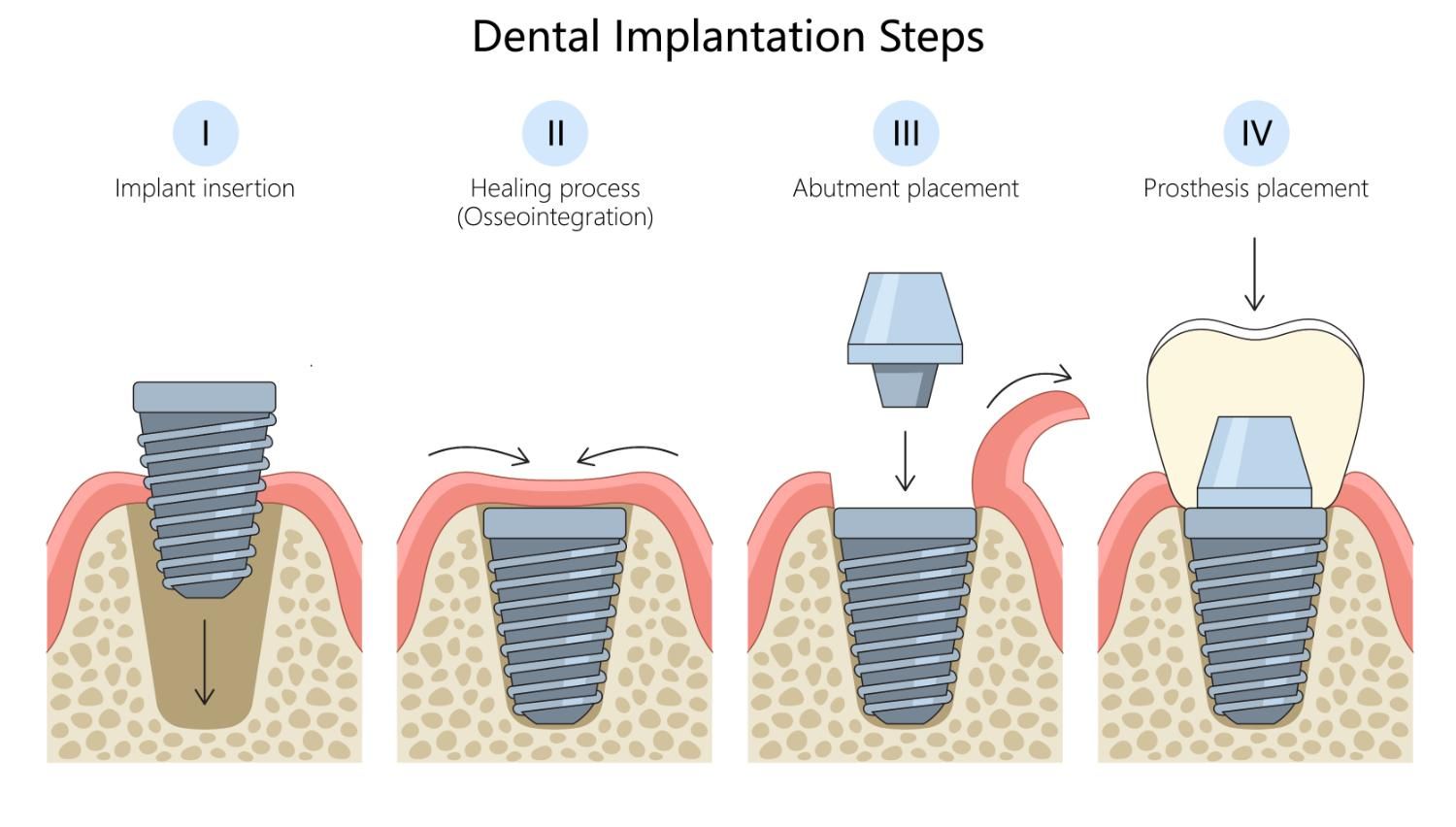
The dental implant process is a detailed and multi-step procedure that requires careful planning and execution. Dental implants replace tooth roots with metal posts that support artificial teeth, providing a stable solution compared to dentures or bridgework. The process typically takes a few months to a year, influenced by factors such as lifestyle choices, oral health condition, and type of treatment.
The journey begins with an initial consultation and planning, followed by the surgical placement of the implant, healing and osseointegration, and finally, placing the abutment and crown. Each stage is crucial to the success of the dental implant procedure, and an oral surgeon ensures precision and care at each step.
Initial Consultation and Planning
During the initial visit, the oral surgeon evaluates the patient’s dental and medical history to devise a tailored treatment plan. Imaging tests like X-rays are conducted to assess jawbone health and determine the suitability for implant placement. This comprehensive assessment helps in creating a detailed treatment plan that addresses the patient’s specific needs and dental condition.
The costs associated with dental implants can also be discussed during this consultation, considering factors like overall health and the need for additional procedures.
Surgical Placement of the Implant
The surgical placement of the implant is a critical phase that occurs in one day. The procedure involves the administration of anesthesia, followed by making an incision in the gum to reveal the bone, and then drilling precise holes for the implant insertion. The implant post is then inserted into the jawbone, ensuring precise placement based on anatomical considerations.
Following the placement, the gum is sutured, and the healing process begins.
Healing and Osseointegration
The healing phase, known as osseointegration, is crucial as it allows the implant to bond securely with the jawbone. This process, which can last several months, involves the bone growing around the implant, providing a stable base for the artificial tooth. The success of dental implants largely depends on this osseointegration phase, ensuring solid support for the new teeth.
While most dental implant procedures have a high success rate, complications can still arise, making proper healing and care essential.
Placing the Abutment and Crown
After successful osseointegration, a minor surgery is performed to attach the abutment, which serves as the connector for the crown. Once the abutment is in place, a custom-made crown is attached, completing the restoration process.
This final phase ensures that the dental implant looks and functions like a natural tooth, providing a durable and aesthetically pleasing tooth replacement option.
Addressing Bone Loss and Grafting
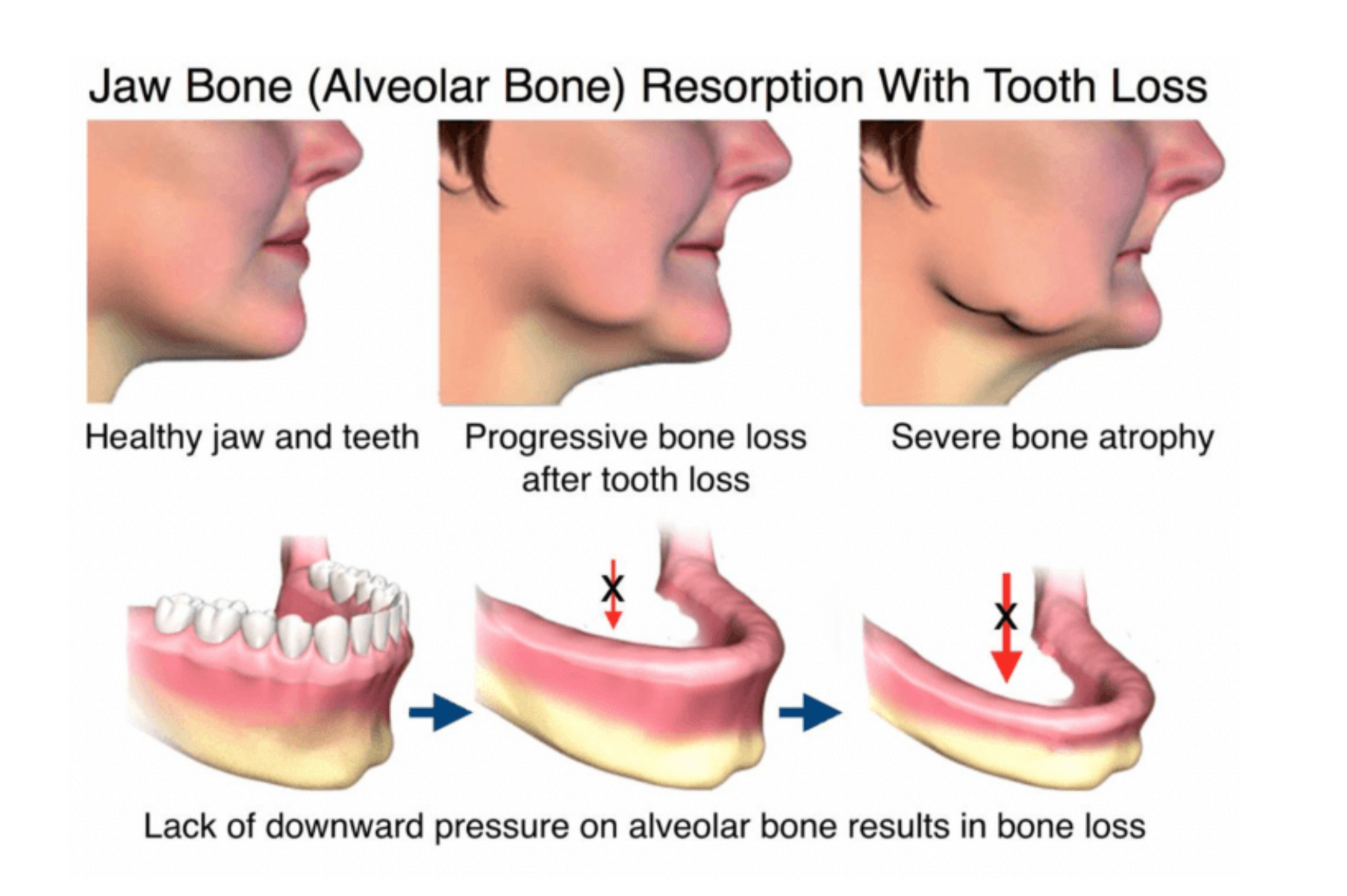
Loss of teeth can lead to a significant loss of bone density in the jaw, which can pose a challenge for dental implant placement. To address this, bone grafting procedures may be necessary to restore sufficient jawbone structure.
Additionally, zygomatic implants provide an alternative solution for patients with severe upper jaw bone loss, offering immediate stability without the need for extensive bone grafting.
Bone Grafting Procedures
Bone grafting is a procedure that restores or adds bone to the jaw, making it possible to support dental implants. This is particularly important for patients who have experienced tooth loss or other oral health issues over a long period, leading to insufficient jawbone for implants.
Fortunately, very few patients are not candidates for implants, even those with previous bone loss, thanks to advancements in bone grafting techniques.
Zygomatic Implants
Zygomatic implants provide an effective solution for patients experiencing significant bone loss in the upper jaw.These implants are anchored in the zygomatic bone (cheekbone) rather than the maxilla, making them suitable for patients with insufficient maxillary bone.
This approach often eliminates the need for extensive bone grafting procedures, providing immediate stability and support for dental implants.
Post-Operative Care and Recovery
Proper post-operative care is crucial for the success of dental implant surgery. Patients may experience minor pain and swelling, which can be managed with over-the-counter medications and ice packs.
Recovery from a dental bone graft can take from a week for initial healing to several months for complete integration. It is essential to avoid heavy lifting and strenuous activities for at least 48 hours post-surgery to ensure proper healing.
Immediate Post-Operative Care
Immediate post-operative care involves several crucial steps to ensure proper healing and minimize discomfort. Here are the key steps to follow:
- Apply ice packs to the surgical area for up to 48 hours to help reduce swelling.
- Drink plenty of fluids but avoid using straws to prevent complications.
- Consume soft foods and cool drinks after surgery to avoid irritation.
By following these steps, you can promote a smoother recovery process.
Smoking should be avoided for at least 24 to 48 hours post-surgery to promote healing.
Long-Term Maintenance
Long-term maintenance of dental implants is similar to caring for natural teeth. It involves regular brushing, flossing, and routine dental check-ups to monitor the condition of the implants and overall oral health.
Maintaining good oral hygiene is crucial for the longevity of dental implants, ensuring they remain functional and aesthetically pleasing for a lifetime.
Comparing Oral Surgeons and General Dentists
When deciding between an oral surgeon and a general dentist for dental implant procedures, it’s essential to consider their qualifications and expertise. Oral surgeons undergo an additional four to six years of specialized surgical residency after dental school, focusing on surgical techniques and anesthesia. This extensive training equips them to handle complex dental implant procedures more effectively than general dentists, who typically handle routine dental procedures.
Oral surgeons are often called upon for more complex cases, such as wisdom teeth removal and corrective jaw surgery. Their ability to manage potential complications and provide comprehensive care makes them the preferred choice for an oral and maxillofacial surgeon in dental implant procedures.
Understanding these differences can help you make an informed decision about who to trust with your dental implant surgery.
Educational Background and Training
Oral surgeons possess comprehensive training that includes both dental education and extensive surgical specialization in oral and maxillofacial surgery and oral surgery. After completing dental school, they undergo additional years of surgical residency, focusing on advanced surgical techniques and anesthesia.
This extensive training and specialization make oral surgeons ideally equipped to handle complex dental implant procedures compared to dental implant specialists.
Scope of Practice
The scope of practice for oral surgeons includes a wide range of complex procedures related to dental implants, providing specialized care for patients. Their extensive training and practical experience equip them with the skills necessary for intricate surgical procedures.
While oral surgeons focus on complex surgical interventions, periodontists primarily deal with grafting, treatment of periodontal diseases, and maintaining dental implants. Understanding these differences ensures comprehensive patient care.
Handling Complications
Oral surgeons are trained to manage complex complications that may arise during dental surgeries. Their expertise ensures effective care and safety, even in cases with unexpected complications.
Oral surgeons typically handle more complex dental implant cases, making them the ideal choice for managing potential complications throughout the procedure.
Common Concerns About Dental Implants
Patients often have concerns about dental implants, including pain, cost, and success rates. While dental implants provide a long-term solution for missing teeth, they require multiple procedures and can come with potential complications.
Regular dental check-ups are essential for monitoring the condition of dental implants and ensuring their long-term success. Addressing these concerns can help patients make informed decisions and feel more comfortable about the procedure.
Pain and Discomfort
Some minor post-operative discomfort is expected after dental implant placement. However, this discomfort is typically manageable and temporary. Over-the-counter medications are commonly recommended for pain management, helping many patients cope with any post-operative pain.
Cost of Dental Implants
The cost of dental implants can vary significantly based on several factors, including the complexity of the case, the quality of materials used, and the experience of the surgeon. Typical components that contribute to the cost include the implant post, abutment, and crown, each having varying price points based on materials and brand.
Many dental practices offer financing options such as payment plans or loans to assist patients in managing the cost of dental implants. It’s important for patients to discuss the total costs involved with their dental care provider and explore available financing options.
Success Rates and Longevity
The success rate and longevity of dental implants are highly favorable, especially when performed by an experienced oral surgeon. Success rates are crucial when considering dental implants, as they impact the overall satisfaction and reliability of the procedure.
Factors such as the oral surgeon’s expertise and the quality of materials used play significant roles in ensuring the longevity of dental implants, providing natural-looking results and long-term benefits for patients.
Summary
Choosing an oral surgeon for your dental implant procedure can significantly enhance the success and overall experience of the treatment. Their specialized training, advanced surgical techniques, and comprehensive care ensure that each stage of the dental implant process is performed with precision and expertise. Dental implants provide a wealth of advantages, including enhanced aesthetics, improved functionality, and long-term oral health benefits. By investing in dental implants and trusting an experienced oral surgeon, you can enjoy a lifetime of confident smiles and optimal oral health.
FAQ
Frequently Asked Questions About Dental Implants Recovery
Share This Blog




